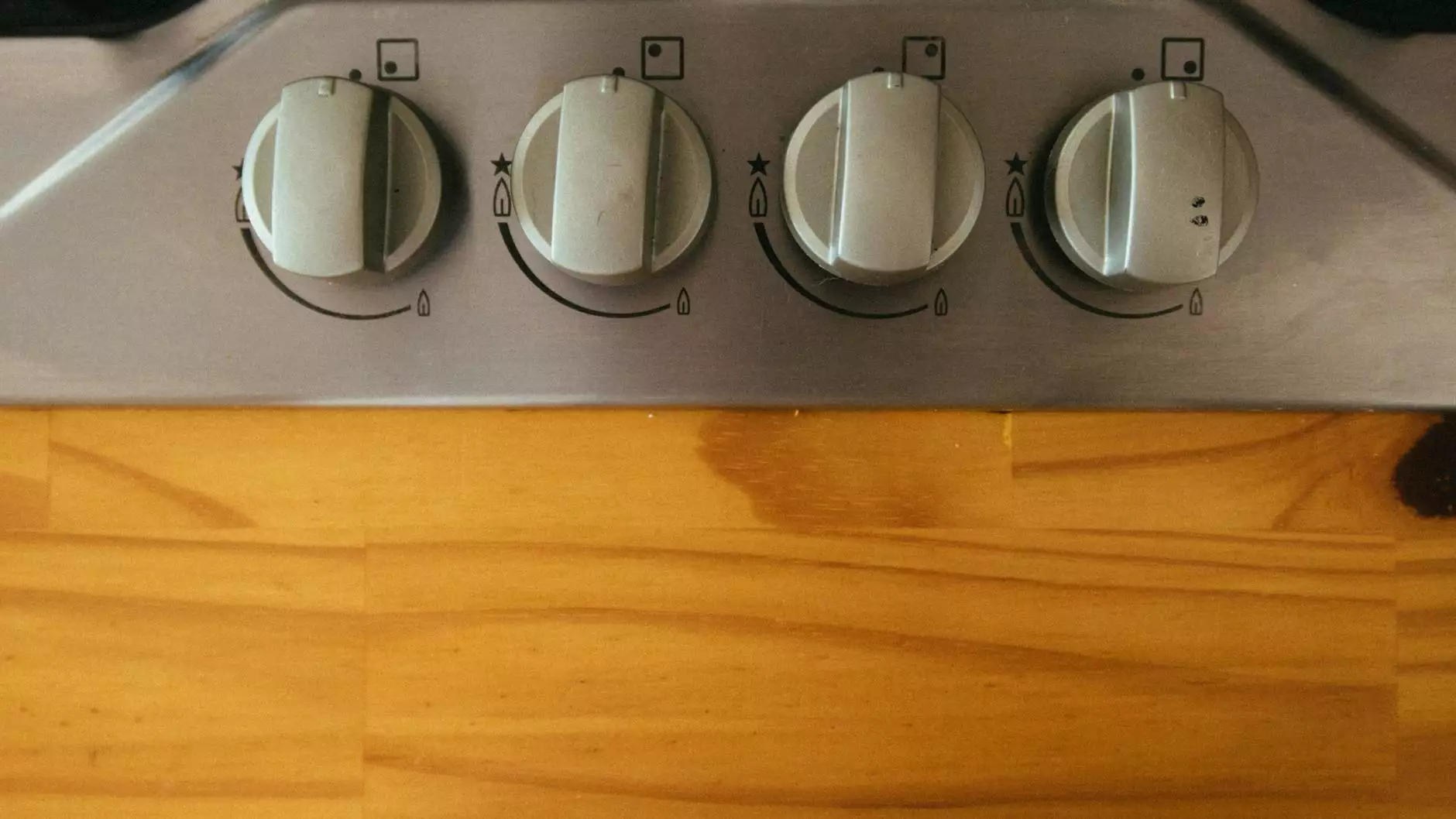The Transformative Power of Medical Psychedelics in Pharmacy and Alternative Medicine

The world of medicine is ever-evolving, with new discoveries challenging traditional notions and paving the way for innovative treatments. One of the most compelling advancements in recent years is the use of medical psychedelics. This article explores their potential, bringing to light the therapeutic possibilities they offer in both conventional pharmaceuticals and alternative medicine.
Understanding Medical Psychedelics
Medical psychedelics refer to psychedelic substances that are being studied and used in medical contexts to treat various psychological and physical ailments. Notable examples include psilocybin, the active component in magic mushrooms, and MDMA, known for its use in psychotherapy. The recent resurgence of interest in these substances is largely due to a growing body of research highlighting their potential benefits.
The Historical Context of Psychedelics in Medicine
Historically, many cultures have used psychedelic substances for medical and spiritual purposes. Indigenous tribes in the Amazon have utilized ayahuasca for centuries as a means of healing and spiritual exploration. However, stigma surrounding these substances grew in the mid-20th century, leading to their categorization as illegal and dangerous. In recent years, scientific research has revitalized interest, showcasing their potential therapeutic effects.
The Science Behind Medical Psychedelics
Research into medical psychedelics has yielded fascinating findings about how these substances interact with the brain. Most psychedelics primarily affect the serotonin receptors, particularly the 5-HT2A receptor. This interaction can lead to altered perception, mood enhancement, and, critically, therapeutic insights for individuals suffering from mental health conditions.
Clinical Applications of Medical Psychedelics
- Post-Traumatic Stress Disorder (PTSD): Studies have shown that MDMA-assisted therapy can significantly reduce PTSD symptoms by allowing patients to confront and process traumatic memories without overwhelming anxiety.
- Major Depressive Disorder: Psilocybin therapy has been observed to produce rapid and durable effects on mood, offering new hope for individuals who do not respond to conventional antidepressants.
- Substance Use Disorders: Psychedelics can help individuals break patterns of addiction by fostering profound shifts in perspective and behavior. Research is ongoing in their application for alcohol and opioid dependence.
Benefits of Medical Psychedelics in Pharmacy
The integration of medical psychedelics into traditional pharmacy offers multifaceted benefits:
- Innovative Treatment Options: Incorporating psychedelics into treatment regimens can provide alternatives for patients who have exhausted conventional options.
- Personalized Medicine: Psychedelics can create tailored therapeutic experiences, allowing for personalized sessions that address individual psychological needs.
- Cost-Effectiveness: With significant effects often observed after just a few sessions, psychedelics could reduce the long-term costs associated with chronic mental health treatment.
Challenges and Considerations in the Use of Psychedelics
As promising as the potential of medical psychedelics is, several challenges must be addressed:
- Legal Barriers: The current legal status of many psychedelics can impede research and clinical applications, requiring advocacy for policy change.
- Safety and Ethics: Ensuring safe administration and informed consent is crucial, particularly in a field that has been historically stigmatized.
- Education for Practitioners: Medical professionals must be trained to understand the unique properties of psychedelics to administer them safely and effectively.
Alternative Medicine Perspectives on Medical Psychedelics
Within the realm of alternative medicine, the adoption of medical psychedelics aligns closely with holistic approaches to health care. Practitioners emphasize treating the root causes of illness rather than just addressing symptoms. This philosophy dovetails well with the capabilities of psychedelics, which can promote profound emotional healing and introspective insights.
Integrative Approaches
The integration of psychedelics into alternative medicine practices can manifest in various forms:
- Psychedelic-Assisted Therapy: Combining the insights gained from psychedelic experiences with traditional therapeutic practices helps patients explore their psyche in a supportive environment.
- Mindfulness and Meditation: Incorporating practices like mindfulness can enhance the transformative potential of psychedelics, helping users integrate their experiences.
- Nutritional and Lifestyle Guidance: Alternative medicine practitioners often provide holistic support, addressing diet and lifestyle improvements alongside psychedelic treatment to maximize benefits.
Future of Medical Psychedelics in Healthcare
The future of medical psychedelics in pharmacy and alternative medicine is promising, with ongoing research and emerging clinical trials pointing toward a paradigm shift in how we approach mental health care. Here are some aspects to consider:
- Expanded Research: As more studies are conducted, our understanding of the full therapeutic potential of psychedelics will broaden, leading to new applications and methodologies.
- Public Acceptance: Increasing societal openness to psychedelics, bolstered by success stories and scientific validation, encourages a shift in public perception, which is essential for broader acceptance in the medical community.
- Policy Reform: Advocacy for legal reform surrounding the use of psychedelics could open doors for medical applications, research, and ultimately, patient access.
Conclusion: Embracing Change in Medicine
The evolution of medicine hinges on our ability to embrace new ideas and challenge outdated beliefs. Medical psychedelics stand at the forefront of this transformation, offering profound insights and therapeutic possibilities for mental health care. As we move forward, it is imperative that we continue to advocate for research, education, and ethical practices surrounding these powerful substances to ensure they benefit patients in need.
By acknowledging their potential and integrating them into both pharmacy and alternative medicine practices, we can advance towards a future where comprehensive mental health care is accessible to all, shaping an era defined by healing and understanding.









